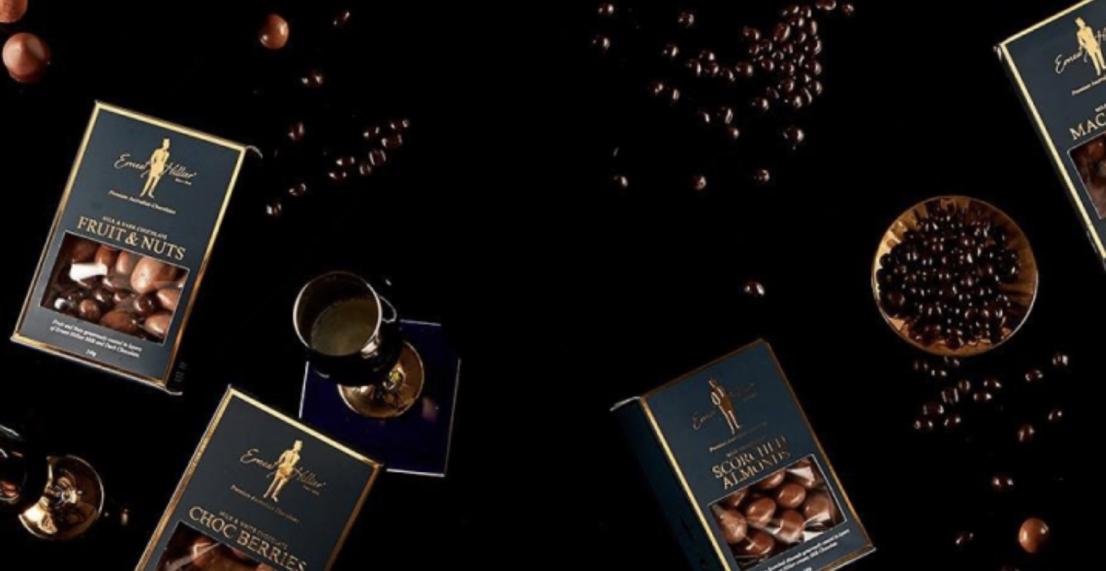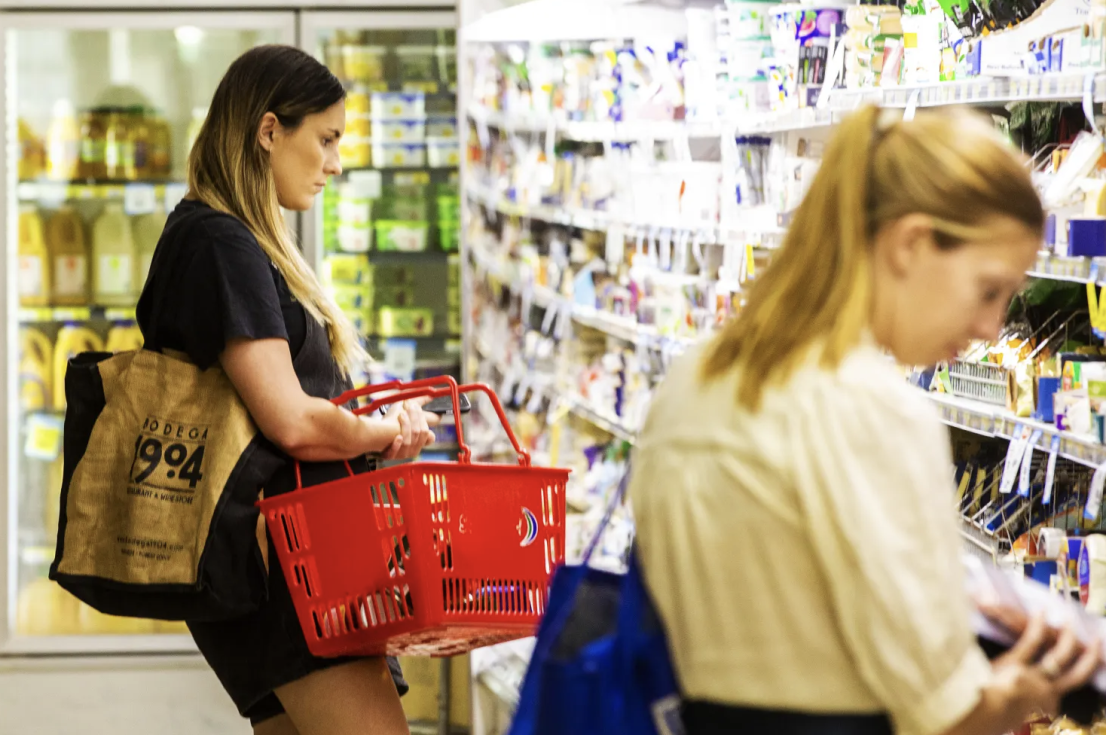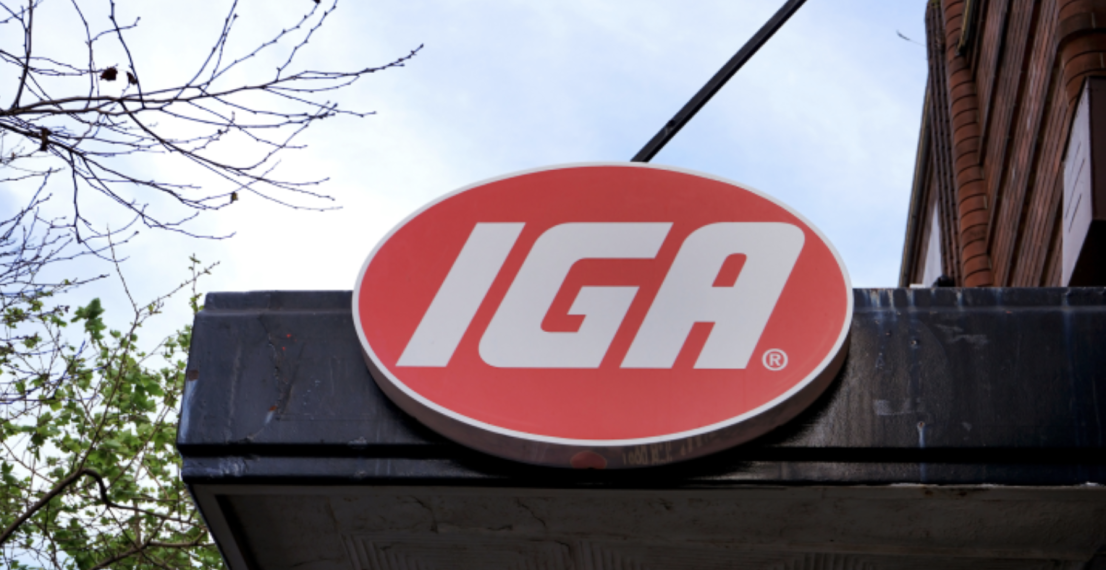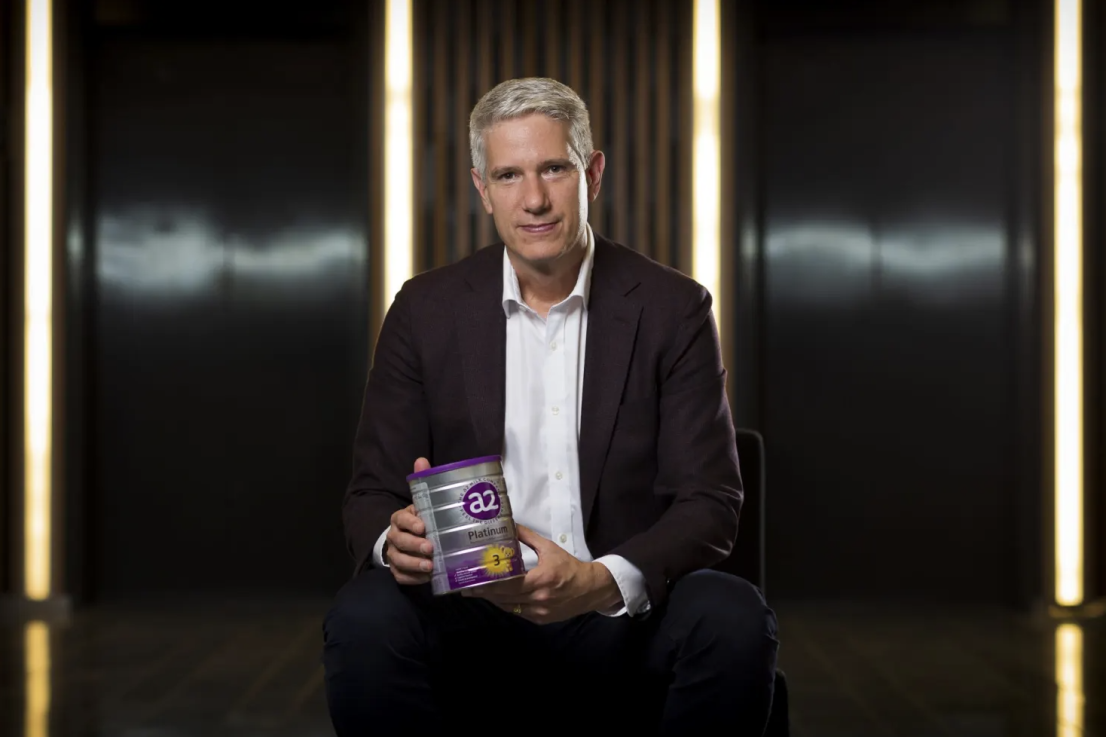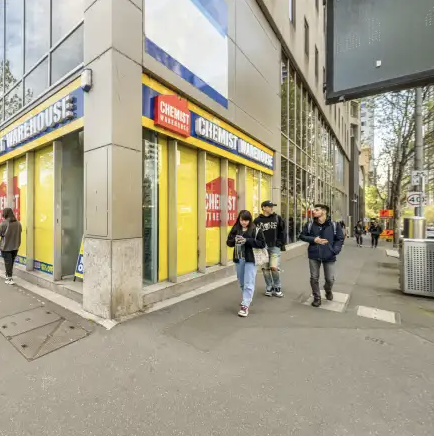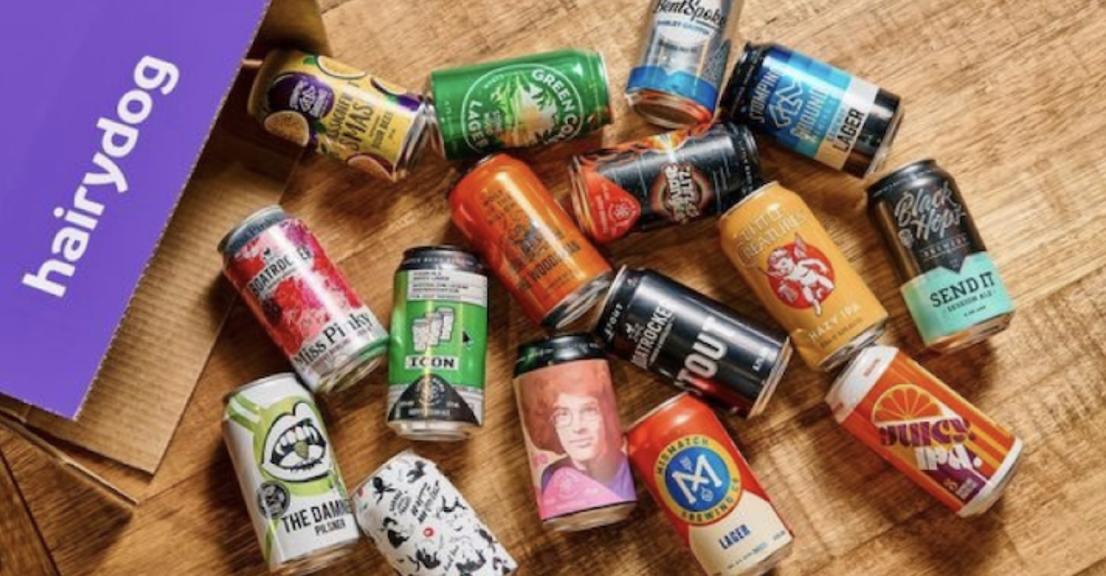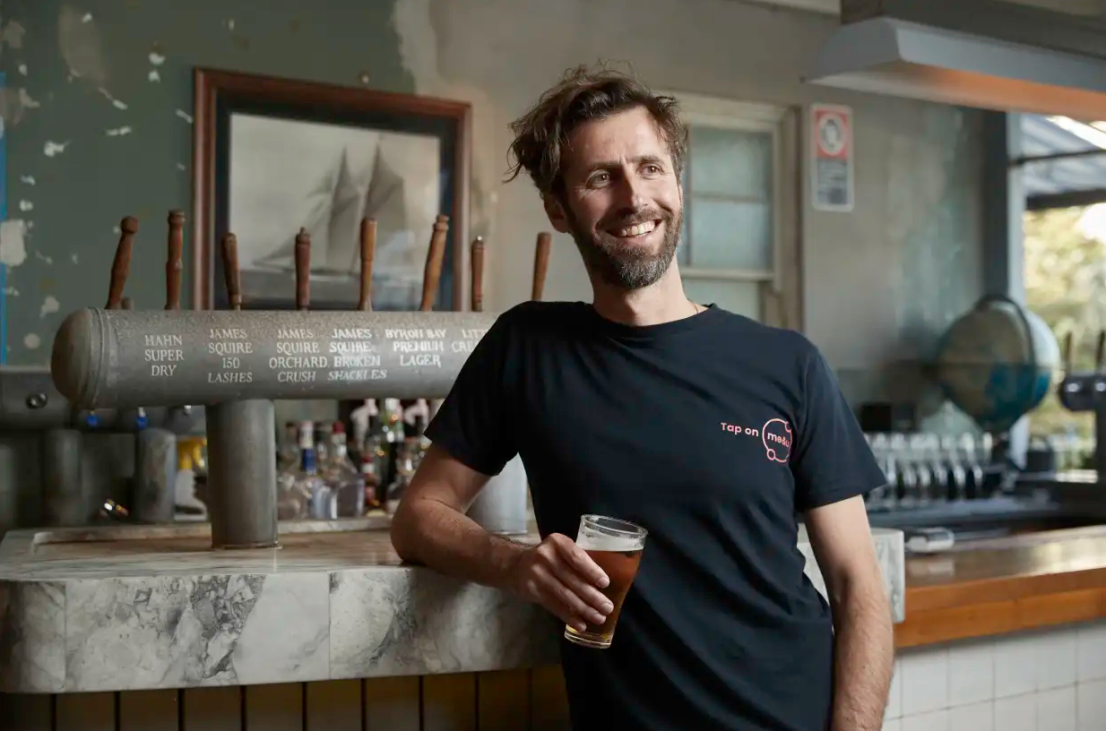
The proportion of Australians who consume alcohol has increased since the pre-pandemic period, says market research company Roy Morgan.
In the year to March, 13,709,000 Australians – or 67.6 per cent of people aged 18 years and over – consumed alcohol in an average four-week period when compared to 66.3 per cent in the year to March 2020.
The increase is driven by the ready-to-drink (RTDs) category which registered an increase in consumption from 10.8 per cent pre-pandemic to 20.8 per cent now.
Consumption of wine, the most popular alcohol during the pandemic, has increased from 41 per cent pre-pandemic to 43.9 per cent in the year to March.
Meanwhile, beer has lost the momentum it had gained during the early stages of the pandemic. Now, fewer than a third of Australians – or 32.2 per cent – consume beer, down from 37.6 per cent pre-pandemic.
Spirits consumption has also recorded a meagre decline of 27.5 per cent from 28.7 per cent pre-pandemic.
Roy Morgan CEO, Michele Levine, said alcohol consumption amongst the Australian population is now “reasserting itself”.
“The standout performer of the last few years has been RTDs which have kept increasing despite the ending of lockdowns and all pandemic-related restrictions,” said Levine.
“The emerging trends suggest consumption of wine and spirits looks set to return to pre-pandemic levels while RTDs such as vodka, gin, bourbon and rum have been on a sharp rise in recent years and that trend could well continue at the expense of beer consumption which has continued its long-term decline.”


